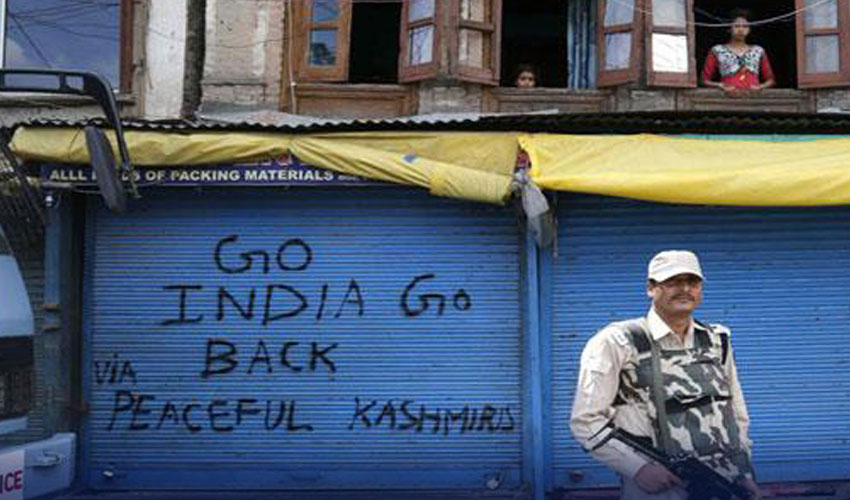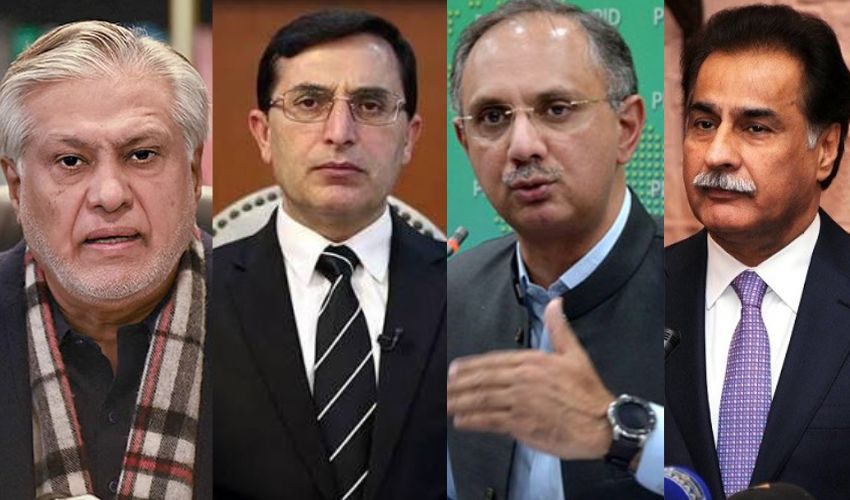In December 2023, the Supreme Court of India upheld the abrogation of Article 370 and ordered elections in Jammu and Kashmir. However, recent governmental actions have radically altered the electoral landscape.
Prior to the elections, the central government reduced the autonomous powers of Jammu and Kashmir's state status. Additional authority was transferred to the Lieutenant Governor, a move that has been met with resistance from many Kashmiris.
Controversy has arisen over the allocation of assembly seats. Despite having a smaller population, Jammu has been granted more seats, leading to accusations of improper delimitation and causing discontent in Kashmir.
The Bharatiya Janata Party (BJP) is heavily relying on support from Jammu for electoral success. However, the party faces challenges including armed attacks and public dissatisfaction with the government.
Voters in Jammu and Kashmir are primarily concerned with stability, development, employment opportunities, education, and healthcare. These issues are likely to play a crucial role in the upcoming elections.
The changes in constitutional status and electoral processes have created a complex political environment in the region, with implications for local governance and representation.



























